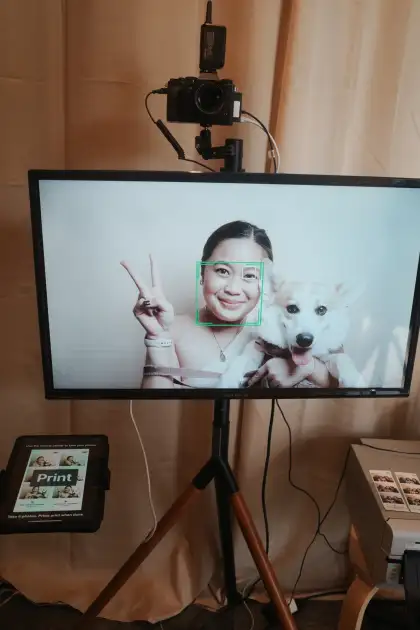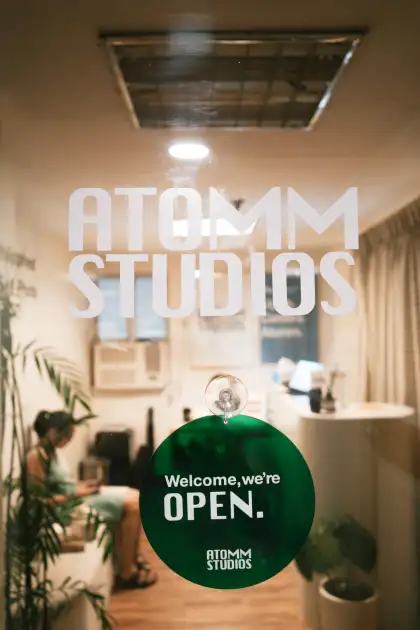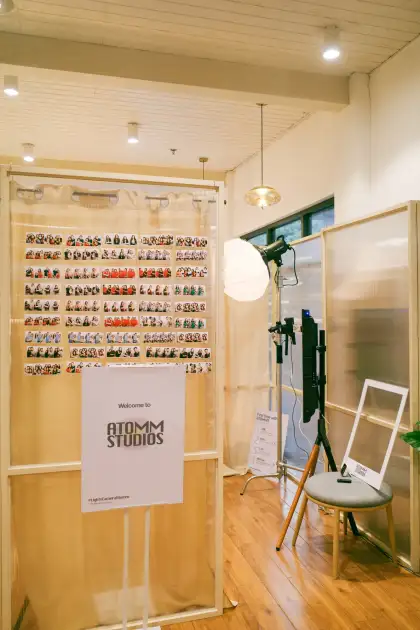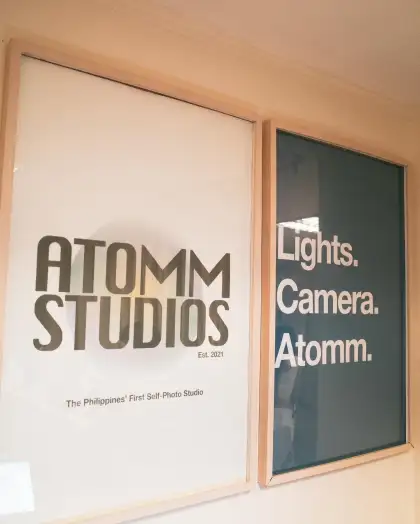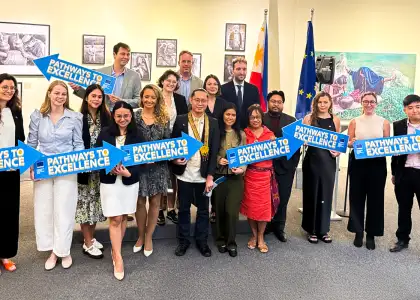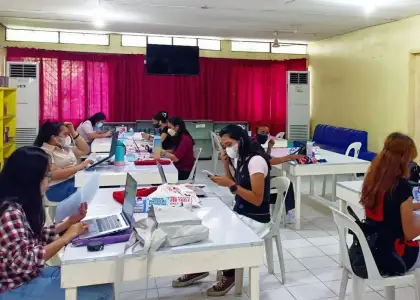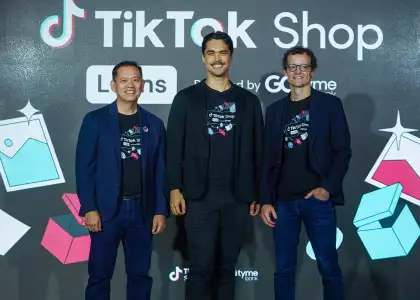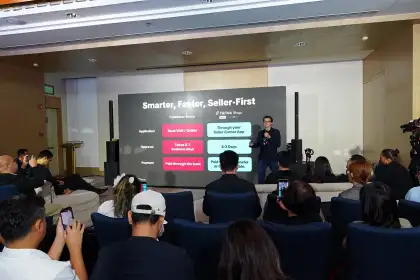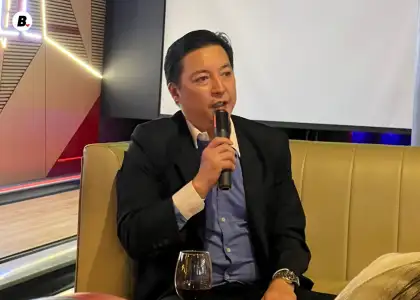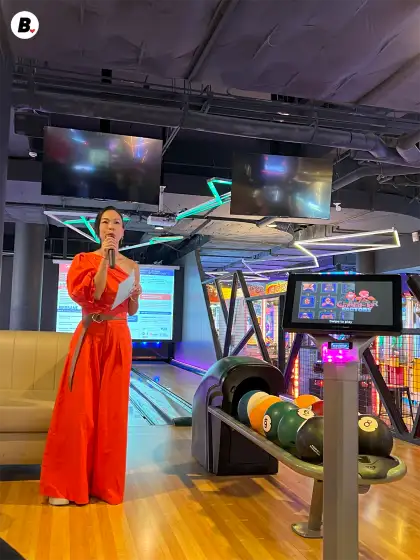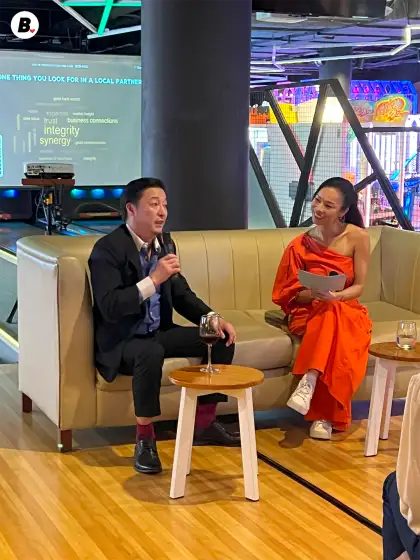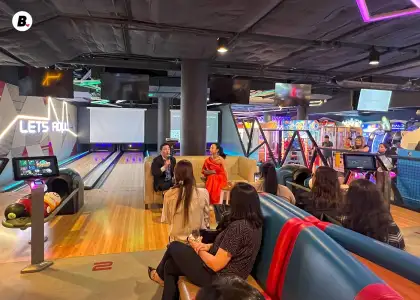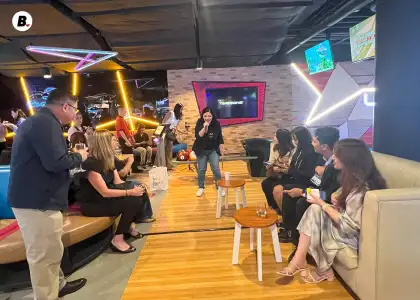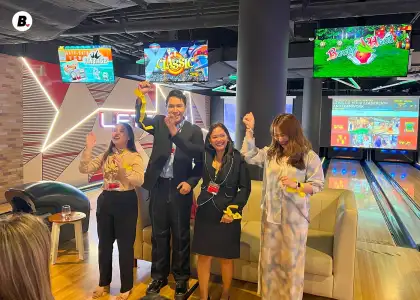Going Beyond the Tick Boxes: How Organizations Can Empower their Employees
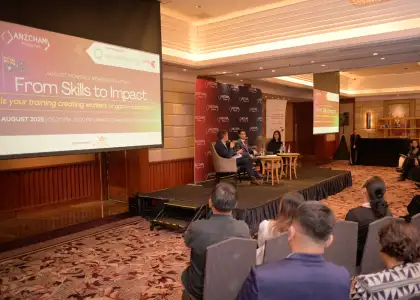
Workplace training is often viewed as too boring, too repetitive, and too time-consuming. Sometimes, they’re even the first thing to be rescheduled and the last one to be viewed. But last Aug. 12, 2025, the Australian-New Zealand Chamber of Commerce (ANZCHAM) proved that learning at work doesn’t have to feel like a chore.
At the August Monthly Members’ Meeting, held at the Shangri-La Makati, industry leaders and companies came together for an in-depth session on how workplace training and education can empower both people and organizations. The event was co-presented by OpenLearning, a next-generation LMS redefining how education is delivered and experienced, alongside Rancho Bernardo Luxury Villas and Resort.
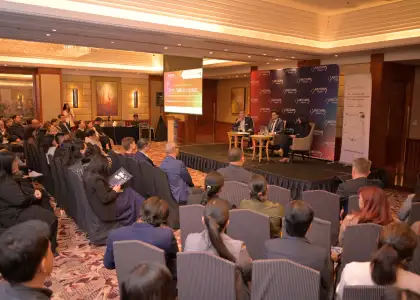
The session, moderated by ANZCHAM Director and GHD General Manager – Philippines Simon Terry, the meeting highlighted a stimulating discussion on the importance of curating training that directly contributes to an organization’s employee value proposition, with OpenLearning’s Founder and CEO Adam Brimo and Telstra Foundation Philippines’ Founding Operations Head Nannie Macalincag.

Rethinking Corporate Training Strategies
The conversation opened with two big questions: “Which area is the most important to focus on in upskilling the workforce?” And, “What’s the biggest challenge in delivering education in your organization?”
The answer pointed to a shift already in motion. Companies are moving away from the “tick box” compliance programs and towards more tailored, on-demand learning that is relevant to employees. Organizations can use tools like OpenLearning’s AI Course Builder to create training sessions that are specific to the company’s requirements and demands.
“Our AI Course Builder is a step-by-step design tool that an HR Department could use, and you can generate structured project-based to competency-based learning aligned to the requirements of the task for the skill you want people to develop,” explained OpenLearning CEO and Founder Adam Brimo.
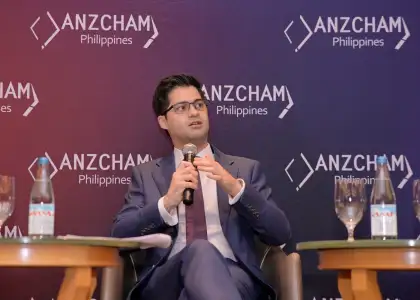
Hybrid and remote work setups also play an important role in rethinking corporate training strategies. Training now must be engaging enough to cut through screen fatigue, while still fostering collaboration and community online. “Creating those kinds of learning experiences where you can have that level of interaction and engagement is very important,” Adam added. “It not only helps achieve the outcome but also builds a sense of community and camaraderie within the organization.”
Another trend noted is the shift towards “on-demand” and “just-in-time” training courses over structured, “once a month” sessions. Telstra Foundation Philippines’ Nannie Macalincag echoed the sentiment: “You can learn something online on your own, at your own pace, and face-to-face interactions can be reinforced. That way, the conversation continues, and the learning sticks.”
This shift reflects a bigger truth we must get accustomed to: workplace training works best when it is relevant and empowering.
The Role of AI in Workplace Training
Despite its rapid rise across industries, there is still some hesitation with using AI in education, mainly because there is no clear way of seeing where it’s taking us. But at OpenLearning, their goal is clear: to make education a more social and constructive experience.
“When we look at how AI can be used, we focus on connection,” Adam said. “AI can increase the connection between two people who wouldn’t ordinarily meet and generate activities in the training environment that people would prefer.”
Investing in the Next Generation of Employees
The session also highlighted how companies and organizations are now restructuring their training and education to nurture their future talent. Nannie Macalincag shared that companies taking the personal approach to learning are doing it right.
“Offering a greater flexibility that’s aligned to whatever it is the employees or team members need at the moment makes the difference,” she said. “Some organizations miss the mark when they treat training and learning as a token benefit. If employees can’t apply the skills they’ve learned, the value of that benefit is quickly lost.”
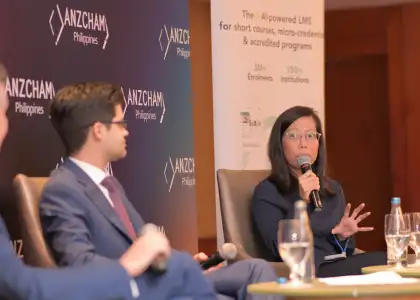
To shift this mindset, Nannie said that learning should be integrated into daily work. “Think about the problems that the team faces on a daily basis, and make it a part of that, rather than something separate,” she explained. “If employees are given a chance to learn about the challenges that they need to solve, then it would become more valuable to them.”
Telstra Foundation Philippines put this principle into practice through its “FLEX” (Future Ready for Leadership and Excellence) internship program, in partnership with the Technological University of the Philippines (TUP). The program blended hands-on experience with structured skills training: students were deployed to five different business units within Telstra, completed a total of 18 projects, and received specialized mentorships along the way.
They also received micro-credential certificates from OpenLearning, validating their technical and soft skills.
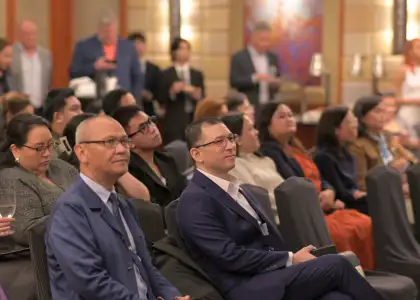
“We thought about focusing on experience and thinking about what experience we want to give them to take away after the program, ” Nannie explained. “By providing varied learning experiences, they not only improved their skills but also learned to trust the foundation and our promise to help them become future-ready.”
Learning that Empowers and Inspires Employees
From beginning to end, one message was clear: workplace training is now way beyond compliance, tick boxes, and credentials. When designed with relevance, flexibility, and purpose, training becomes a powerful tool that empowers employees and strengthens organizations.
The future of workplace learning is slowly taking shape — more dynamic, more collaborative, and more human. With AI-powered tools making education more engaging and internship programs balancing learning and real-world experience, training is turning out to be something employees can connect with on a deeper level, not avoid.

After all, employees are not robots, and no one prospers in isolation; they thrive in communities and connections that value growth and interaction, and ones that allow everyone to get the chance to improve day by day.
For more information about the Australian-New Zealand Chamber of Commerce Philippines (ANZCHAM) and its events, visit their website and follow them on Facebook and Instagram.
Get the latest curated content with The Beat Asia's newsletters. Sign up now for a weekly dose of the best stories, events, and deals delivered straight to your inbox. Don't miss out! Click here to subscribe.
















